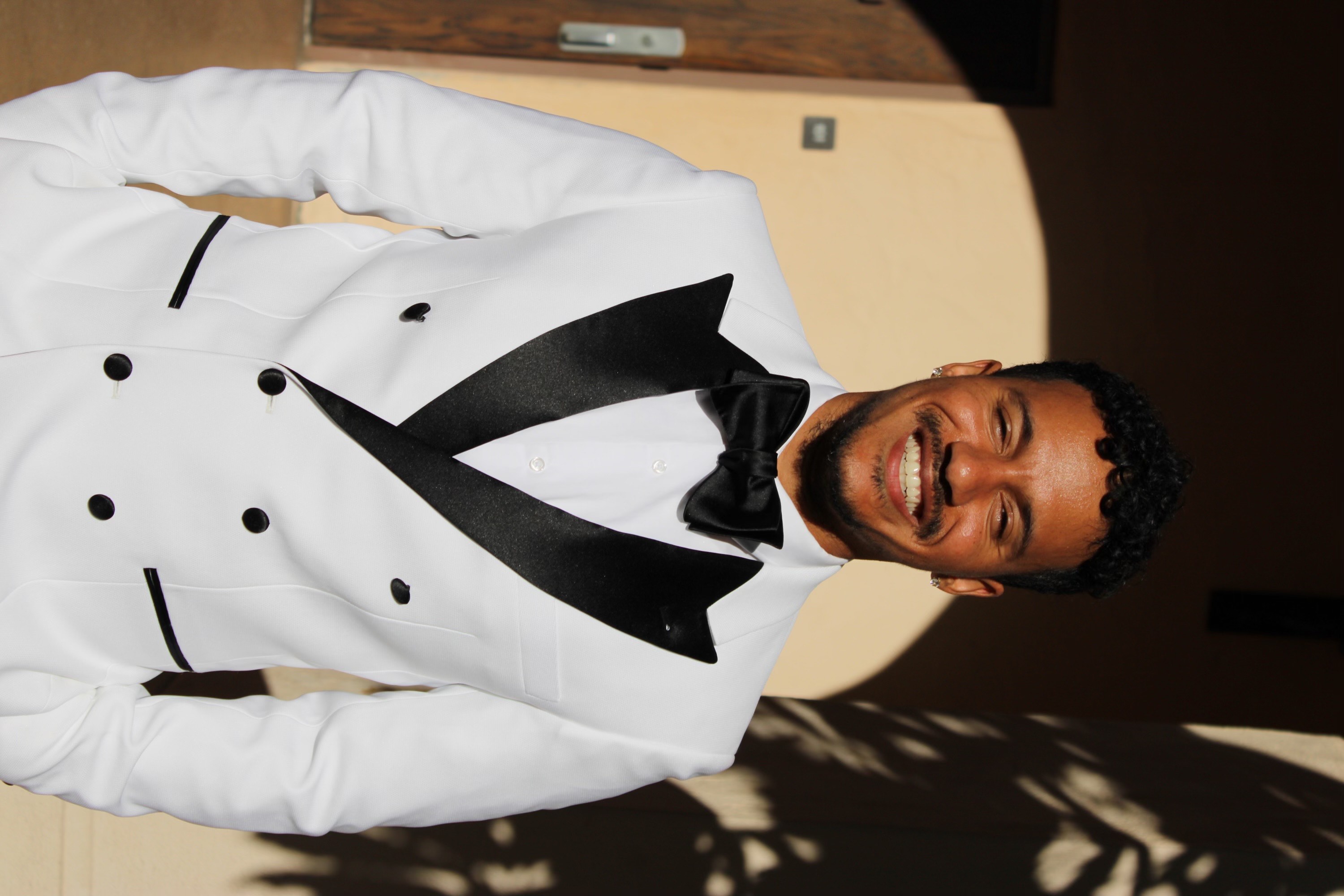Teaching as Relationship Building: Tray Herod’s Journey into Education
 Tray Herod is a student in Northwestern’s Master’s of Education in Secondary Teaching - Political Science concentration in the School of Education and Social Policy.
Tray Herod is a student in Northwestern’s Master’s of Education in Secondary Teaching - Political Science concentration in the School of Education and Social Policy.
After working as a mentor for a non-profit for nearly a decade, Tray Herod realized he wanted to pursue another calling: teaching. Though he didn’t yet have a teaching license, he landed a position teaching English at a Chicago charter school, which didn’t require teachers to hold a state license.
“In the beginning, it was hard,” said Herod, who found his freshman classes to be the most challenging. “The students and I were learning together, and I had to work to build trust. There was a lot of high energy.”
As Herod’s first year of teaching was ending, he realized the importance of securing a teaching license. He chose Northwestern’s Master’s of Science in Education & Social Policy program because of its emphasis on building connections and relationships within a school’s community.
“Relationship building is a strength of mine,” Herod said, “And during my first year of teaching, I realized how much of a need there is for teachers. Not just people who like to be in a classroom, but people who can try to inspire students to see the best in themselves and genuinely care about them.”
Though working as a full-time teacher and attending graduate school simultaneously has been difficult, the experience has been rewarding, Herod said. “It’s been a journey, and there’s definitely been some tiring days, but I love sitting in class and thinking – ‘I can actually apply this tomorrow when I go into work.’ The MSEd program has allowed me to go deeper in myself and reflect upon my teaching practice.”
Herod wanted to understand how to tap into his students’ culture, an approach that is referred to as culturally sustaining pedagogy. “Students see themselves reflected in the curriculum while also learning about other identities and experiences,” said Rebekah Stathakis, director of teacher preparation programs. “It’s an approach to teaching that includes students' cultures and experiences in the classroom.
Putting this into practice felt personal to Herod. “We come from the same culture, but I wanted to go beyond the perspective of just saying ‘Hey, I’m Black, you’re Black, we understand each other.’
“Our culture is very collective,” he added “So I decided we should do a collaborative story together as a class, which ended up being the students’ favorite project. I wouldn’t have thought of that if it had not been for one of the classes that I took last quarter.”
In addition to teaching in a way that embraces a student’s background, Herod has found validation through his classes as well. In many ways, he was instinctively doing right as an educator. “I wanted my students to feel seen,” he said, “and I realized that I was practicing unconditional positive regard,” an approach that, per Dr. Stathakis, “unconditionally accepts students for who they are.” For Herod, this approach just felt natural. “Students are trying to figure out who they’re going to be, and as educators, we don’t want them to have this narrative that there’s something wrong with who they are.”
For Herod, everything comes back to relationship building. Now in his second year of teaching, his freshmen are a year older and wiser. “I used to dread going to class with my freshmen,” he reflected. “Now, they are my favorite class. My relationships with my students are better, and I can see that they have grown and matured as well.”
Next year will be even better, he said, proudly, after receiving his student teaching placement. “I’ll be student teaching at my school, with my students,” he said.